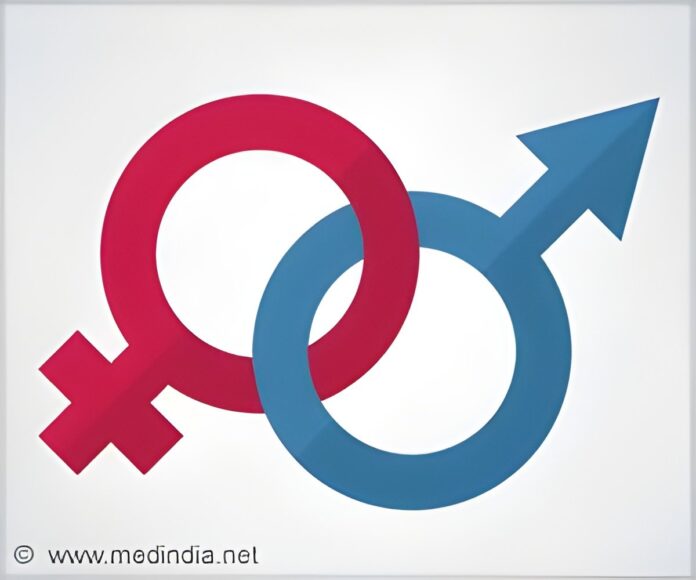Although most women and their healthcare professionals regard sexual health as essential to a woman’s overall quality of life
Although most women and their healthcare professionals regard sexual health as essential to a woman’s overall quality of life, the topic seldom comes up, especially during routine examinations. A new study indicates general practitioners are less likely to inquire about sexual problems than obstetricians/gynecologists because of multiple barriers and depending on sex and age. Results of the study are published online today in Menopause, the journal of The Menopause Society.
Given today’s fast-paced, fee-for-service healthcare models, patients frequently complain that they feel rushed in the doctor’s office and don’t believe that their clinician takes sufficient time to get to know them. It turns out that this might be more than a feeling, as a new study involving more than 700 general practitioners (GPs) and obstetrician/gynecologists (OB/GYNs) documented that “shortness of appointment time” was the most frequently cited barrier to healthcare professionals mentioning sexual problems with patients. This was even though the study also confirmed that GPs and OB/GYNs considered treating sexual problems to be an important healthcare practice.
Other frequently mentioned barriers included: “sexual problem not being a priority in the appointment,” “personal attitudes and beliefs,” “personal discomfort when addressing sexual problems,” “lack of knowledge about sexual medicine,” “lack of experience with sexual medicine,” and “disability of the patient.” In every case, GPs were more likely to report having barriers than their OB/GYN counterparts, leading the researchers of this study to conclude that GPs are less likely to inquire about sexual problems during general medical history-taking and more likely to consider diagnosing female sexual problems as being difficult.
Another finding coming out of this latest research is that studies evaluating engagement with sexual problems with regard to physician specialty are limited. However, previous studies did show sex and age differences in attitudes and practice patterns in sexual medicine. Some studies, but not all, found female physicians to be more active in assessing sexual issues. Likewise, younger OB/GYNs have been shown to be more active in sexual history-taking than their more senior colleagues. That finding was supported in the current study that found that GPs in the oldest age groups were more likely to report difficulty in diagnosing female sexual problems and indicated frequent barriers to bringing up sexual problems.
Regardless of the age of the healthcare professionals, the researchers in this study concluded that continuing education is warranted to enhance physicians’ confidence in managing sexual problems.
Survey results are published in the article “Engagement with patients’ sexual problems: a comparative study among general practitioners and obstetrician-gynecologists.”
“This study highlights the known barriers that exist to asking women about sexual health. It also shows that primary-care practitioners may struggle a bit more than our OB/GYN colleagues in doing so, likely for a number of reasons, including time constraints, lack of education on sexual health, and competing priorities during the visit. The fact that younger physicians were more likely to address sexual health concerns is encouraging, but there remain significant gaps that need to be addressed,” says Dr. Stephanie Faubion, medical director for The Menopause Society.Source-Eurekalert


